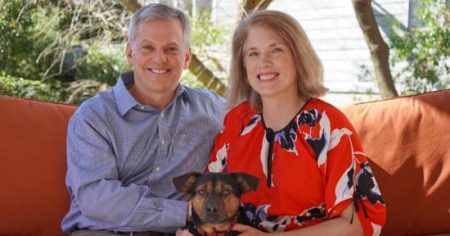MLK, Jr. Views on Economics and Self Sufficiency
By Victoria Rose
The dream of racial equality Martin Luther King, Jr. spoke about received resistance, but not nearly as much negativity as when he spoke about the need for economic justice. Martin Luther King, Jr. had the strength, conviction and courage to speak out about the core of what he came to understand was the cause of racial inequality. Economics and the power based on who has the money and how they control those who are denied control of the money.
It’s not just the money, but ownership of resources that generate income. It’s about the imbalance of the haves and the have nots, of “owing your soul to the company store”. It’s about the opportunities and privileges only some people have and the existence of inequality that has the ability to manipulate beyond the reach of laws.
A
spiritual man, Martin Luther King, Jr. spoke out about economic
injustice and, learning from Gandhi, he advocated economic
self-sufficiency. On April 3, 1968, in Memphis Tennessee, Martin Luther
King, Jr. gave the speech “I’ve Been to the Mountaintop” where he said:
“We don’t have
to argue with anybody. We don’t have to curse and go around acting bad
with our words. We don’t need any bricks and bottles; we don’t need any
Molotov cocktails. We just need to go around to these stores and to
these massive industries in our country, and say, “God sent us by here
to say to you that you’re not treating His children right. And we’ve
come by here to ask you to make the first item on your agenda fair
treatment where God’s children are concerned. Now if you are not
prepared to do that, we do have an agenda that we must follow. And our
agenda calls for withdrawing economic support from you”
Martin Luther
King, Jr., initiated large scale movements which were historically
transforming. There are people today that are taking his principles and
in their own way transforming lives and creating opportunities for
economic balance. The importance of economic justice can be viewed
historically from Gandhi’s Salt March to the recent recognition of
Muhammad Yunus’ efforts to establish economic equity.
Muhammad Yunus’
project, Grameen Bank, has reversed conventional banking wisdom by
focusing on women borrowers, dispensing of the requirement of
collateral and extending loans only to the very poorest borrowers. In
fact, to qualify for a loan from the Grameen Bank, a villager must
demonstrate that her family owns less than one half acre of land.
Yunus’ project
contradicts the foundation of the current economic system. Currently,
to be approved for a loan, whether personal or corporate, assets and a
history of financial stability need to be proven. This eliminates
anyone who is marginalized and continues the conflicts many
marginalized people experience.
The interest of
those who are marginalized relate to survival, whereas the interest of
the bankers relate to profit margins and security. Yunus’ recognizes
the dignity of each individual as opposed to the bankers’ approach that
values what people own rather than who they are. This successful
project has earned Yunus the Nobel Peace Prize this year.
Stories of
people like Martin Luther King, Jr., Gandhi, Yunus and others give the
illusion that it takes a special person to create such transformation.
Each individual who takes the first step is not completely aware of
what that step will mean for them or anyone who is influenced by their
action. Each activist made that first step toward justice for their own
personal reason, and for the desire to end the imbalance of injustice.
Martin Luther King, Jr., expresses this motivation in the Six Principles of Nonviolence:
1. Nonviolence is a way of life for courageous people
2. Nonviolence seeks to win friendship and understanding
3. Nonviolence seeks to defeat injustice not people
4. Nonviolence holds that suffering can educate and transform
5. Nonviolence chooses love instead of hate
6. Nonviolence believes that the universe is on the side of justice.
These are strong
principles from a strong man who acted on them. They have the power and
potential to be lived today by anyone who chooses to take that first
step. Whether it’s deciding to shop where the first item on the
businesses agenda is to treat God’s children with dignity or to start a
locally owned minority business, each one of us has the ability and
power to take that first step toward justice.







